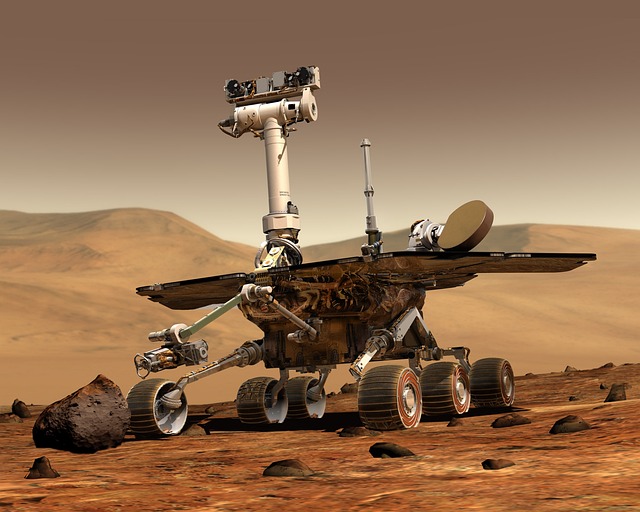In a world where technology is evolving faster than we can comprehend, the concept of a learning model has become pivotal. This is especially true in domains like robotics, artificial intelligence, and business automation. The traditional methods of teaching and learning are giving way to smarter, more adaptive systems that cater not just to individual needs but also to the complex demands of our global economy.
Imagine walking into a workshop filled with intelligent robots, each programmed to learn from their environment and improve their efficiency over time. These are not just machines; they are designed to mimic human learning processes. As they interact with their surroundings, they adapt their capabilities, showcasing how a dynamic learning model can enhance productivity. In this context, robotics isn’t simply about building machines; it’s about creating systems that continuously evolve based on experience.
Similarly, artificial intelligence is revolutionizing our understanding of learning. Advanced AI algorithms can analyze vast amounts of data, recognizing patterns that humans might overlook. They provide insights that can transform decision-making processes in businesses, driving innovation and growth. In this way, the learning model in AI serves as a cornerstone for predictive analytics, enabling companies to tailor their strategies to meet consumer demands before they even arise.
Moreover, business automation is increasingly relying on these innovative learning models to streamline operations. Automated systems powered by AI can handle routine tasks, allowing human workers to focus on more complex, strategic activities. This integration fosters an environment where creativity flourishes, as employees are freed from the mundane and encouraged to contribute to higher-level problem-solving.
The interplay between robotics, AI, and automation creates opportunities for businesses to enhance their learning capabilities. Companies that embrace these technologies will find themselves at the forefront of their industries, equipped to adapt and thrive in an ever-changing marketplace. As we look to the future, the question is not whether businesses should adopt these advancements, but rather how quickly they can integrate effective learning models to harness the full potential of these innovations.
Ultimately, the success of any organization in this new landscape will depend on its ability to create and nurture a culture of continuous learning. By prioritizing adaptability and resilience, businesses can prepare themselves for whatever challenges lie ahead. The future of learning models in robotics, AI, and business automation is bright, and those who are willing to innovate will surely reap the rewards.




